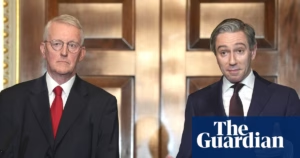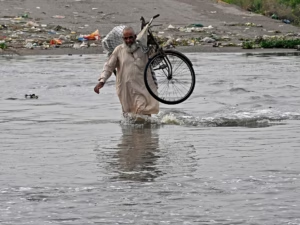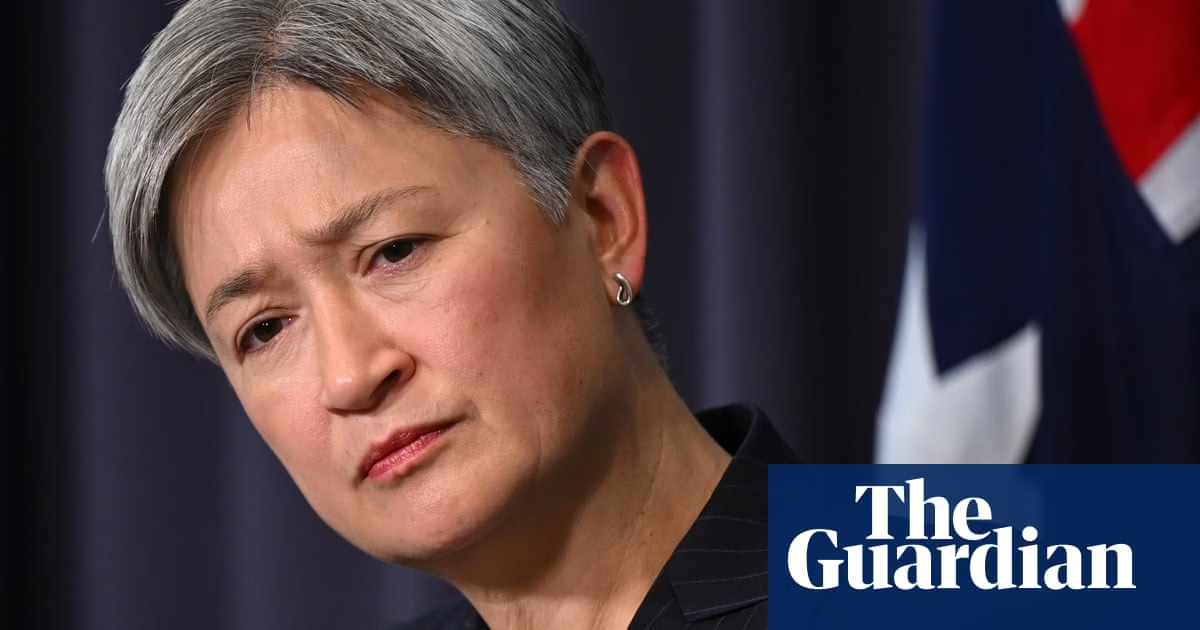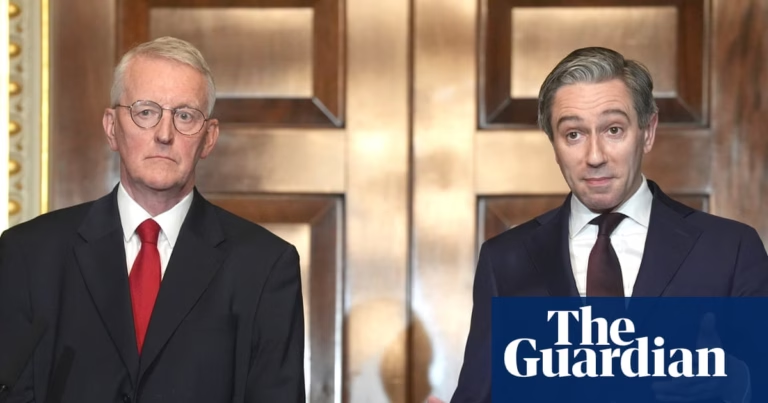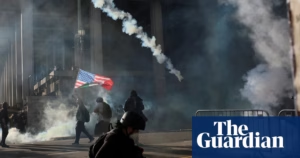Australia supports Israel’s right to defend itself amid strikes on Iranian nuclear facilities and military targets, resulting in retaliatory attacks.
Israel and Iran are exchanging missile and airstrikes following the most extensive Israeli air campaign against its historical adversary to date.
Australia’s Foreign Minister, Penny Wong, has described the situation in the Middle East as being “very perilous, risky.”
Here is the related article: Anthony Albanese to meet with Donald Trump at G7 summit.
The right to self-defense for Israel is acknowledged by her. She stated, “We understand that Iran presents a threat. Its nuclear program is deemed a threat to global peace and, clearly, to Israel as well.
Wong has confirmed she has spoken to her Iranian counterpart and urged Iran to “return to diplomacy and dialogue.”
She said continuing to escalate the situation would have consequences for all people in the region.
This position is upheld by numerous countries, not just towards Iran, but also towards Israel.
Australia has decided to impose sanctions on two Israeli government ministers because of their stance on West Bank settlements—an action taken together with nations such as Canada and the United Kingdom.
This has strained relations with the US after Secretary of State Marco Rubio criticized the measure.
Wong stated that the decision was not made lightly regarding sanctions against senior ministers in the Netanyahu government.
The Foreign Minister was asked if Australia’s stance had weakened its stance toward a two-state resolution, to which she replied that violence from settlers is not in line with the aspirations of a separate Palestinian state.
“We are a long way from that, but that’s why the international community is working to create a path forward,” she said.
Australia’s Prime Minister, Anthony Albanese, has advised Australians in the region to leave given the escalating conflict.
“It’s an obviously volatile situation,” he said to reporters in Seattle on Saturday.
Albanese stated that officials are monitoring the situation but have not received any requests for defense involvement.
“Australia does not have a role in this military conflict,” he said.
“There’s no expectation for Australia to take on a military role, but we will keep playing a part in looking after Australian citizens,” he said.
The Department of Foreign Affairs and Trade is offering support to Australians on the ground.
The US was informed about the Israeli strikes in advance, with Washington noting that it had no role in the attacks and warned Iran against targeting its personnel or interests.
Albanese arrived in the US en route to Canada for the G7 summit on Sunday.
Expectations include meetings with international leaders, such as US President Donald Trump, who had been in talks with Iran regarding a nuclear deal.
Tariff discussions are anticipated as well, with talks on defense possibly occurring in light of the US urging Australia to increase defense spending up to 3.5% of GDP.
Australia is looking to increase military spending to 2.3% of its GDP, and Albanese has vowed that his government will provide “any capability needed to defend Australia’s national interests.”
